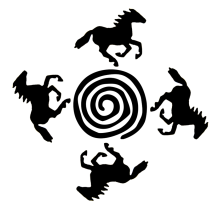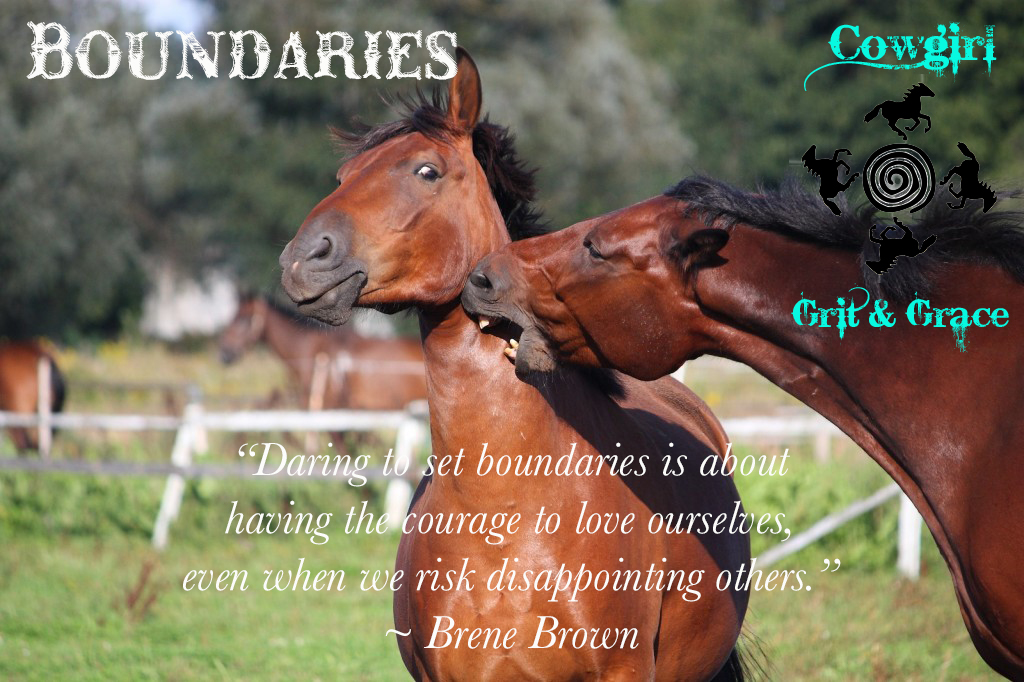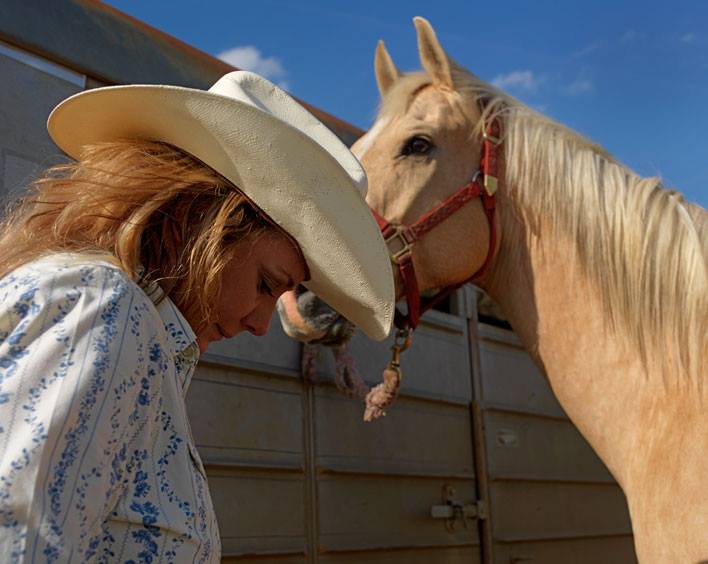A boundary is simply what’s ok and what’s not ok.”
— Brené Brown
Our personal boundaries are the basic, yet often invisible rulebook that guides all of our relationships and fosters a true partnership. Our boundaries define how and what we communicate, what we give and receive, and even, in the most basic sense, provide the parameters for what we expect from others and life itself.
They are necessary because, not everyone is playing from the same moral deck. We’ve all had the insecure friend or co-worker that is always trying to put others down, in order to inflate their own egos and boost their self-esteem; or the overly critical family member, that feels their hurtful words are beneficial to your well-being. There are a lot of people in the world who are willing to project their issues onto others and it’s our responsibility to protect ourselves.
In this six-minute video, Brené Brown speaks about how boundaries are the key to self love and treating others with love.
Every relationship will negotiate boundaries: what is individual, what is ours, and what is public. Sometimes we work out these arrangements head on, but more often we approach it with trial and error approach. Like horses, we often see how much we can get away with before we cross a line.
A look, a comment, hurt feelings resulting in bruised silence are the clues we have to interpret. Whether above board or below, we delineate the boundaries of separateness and togetherness in all of our relationships.
Our definitions and expectations of commitment are transforming. These lines that are drawn are not as obvious as people think they are, and therefore it is an important conversation to have early on in relationships.
It’s much easier to teach someone right out of the gate, that if they want to be in a relationship with you, then they are going to have to treat you with respect.
Horses are great teachers of this because it is their natural tendency to test the boundaries of their handlers and of other herd members. A horse feels secure when they know where they stand in the herds pecking order which they determine by testing boundaries.
If you watch a herd of horses interact you can observe this play out. It generally starts out subtly - a hard look, a toss of a head, tightened lip, or pinned ears. This is usually enough to get another herd member out of their space. If not it can escalate to a bite, kick or a striking front hoof. Their communication is fair, authentic and effective.
If we as humans don’t let someone know their behavior is inappropriate it will continue. We must communicate directly and immediately following the incident, that this behavior is not acceptable. And if it does continue, then you follow it up with immediate action, like ending your involvement with that person, because they are then showing you that they are the type of person that does not respect boundaries.
Your True Self and your self-esteem are extremely valuable and yours and only yours to protect. No one, regardless of their issues, has any right to to diminish you! By consistently enforcing your boundaries, you are cementing that line in the sand and if another continues to cross it, let them keep on walking, because you deserve so better!
Standing up for yourself and enforcing boundaries does not make you a bitch. It makes you someone that loves and respects yourself.”
Relationship boundaries are also not a topic that you negotiate only once. Your personal and relationship boundaries may change based on your relationship or your individual preferences at varying stages of the relationship. The most successful couples are agile, and allow this to be an open and ongoing discussion.
What boundaries are important to you and your sense of self? Leave your thoughts in the comments and stay tuned next week as we continue our discussion on healthy and unhealthy boundaries.
Whatever you are willing to put up with, is exactly what you will have.”
— Anonymous


